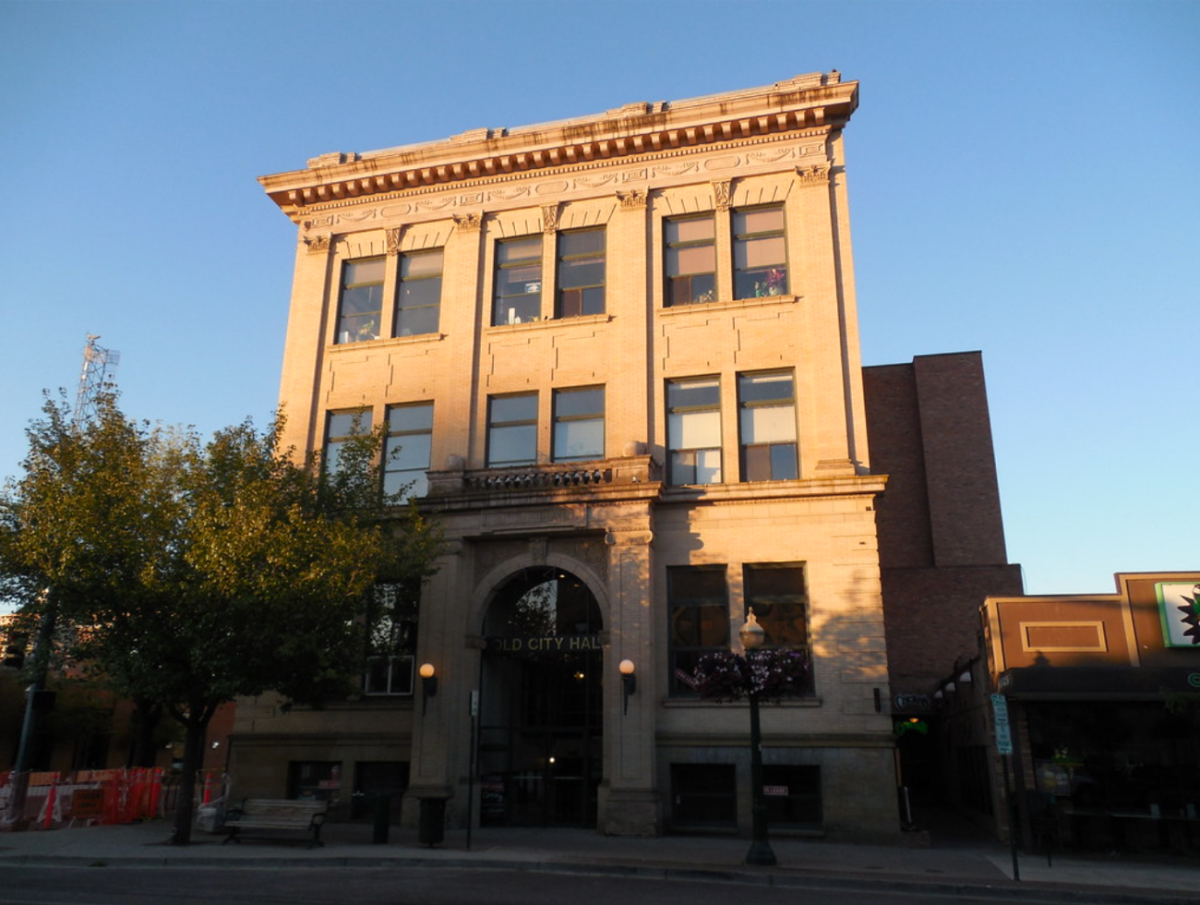As this year’s November elections draw nearer, it is important to not only understand what you are voting for on the national level, but the state and local as well. In this upcoming election, there are many proposed laws for California. To offer more knowledge and explanation for what to expect, here are some of the propositions on the ballot.
On June 26, 2015, the U.S. Supreme Court removed all state bans on same-sex marriage. Today, the California Constitution still specifies that marriage is only between a man and a woman. In the upcoming elections, Californians will have the option to vote on Proposition 3, which would “amend [the] California Constitution to recognize the fundamental right to marry, regardless of sex or race,” and “remove language in California Constitution stating that marriage is only between a man and a woman.”
In November of 2008, Proposition 8 had the intent to place a complete ban on same-sex marriage in general, but was overturned. The alteration of the phrasing in the California Constitution would remove outdated beliefs and secure the rights and liberties of thousands.
The main arguments against the change in the Constitution are mainly centered around specific religious beliefs. The other concern mentioned was that if the requirements for marriage are being altered now, it would lead the way for marriage between family members to become legal.
In order to keep prisons running, inmates are generally forced to work. They are compensated for their work, but only at $1.00 an hour. Points can be earned from working in order to reduce how long they must serve in jail and other benefits.
Proposition 6 intends to remove the state’s ability to mandate prison labor. If an inmate wishes to work in order to receive certain credit or benefits, they are encouraged to do so. Otherwise, it is no longer punishable if the prisoner refuses to work.
The main issue that individuals have with this proposal is the increase in expenses for facilitating prisons. Cleaning, cooking, and other services will then need to be provided by the state government if not enough prisoners are interested in working to receive benefits.
In California, employees today are getting paid at the minimum wage of about $16 per hour, but because of the drastic inflation in California, employees are demanding a higher wage. This higher wage has been proposed in 2025. If you have 26 or more employees working for you, the minimum wage would be $18 per hour. On the other hand, if you have 25 or fewer employees working for you, the minimum wage would be $17 per hour. Without Proposition 32, employees would only receive $18 per hour in 2026, but there are some cons to this proposition.
Due to the wages increasing, prices will also increase which might reduce the profit of many businesses. This is not the only time a raise has occurred for employees. From 2017 to 2024, the minimum wage has increased from $10.50 to $16, but many people agree this is still not enough to cover the recent inflation rates.

This November, voters will be asked whether they support undoing several criminal justice reforms that were approved in the past. Many are in favor of state law increasing penalties for drug and theft crimes. This is not the only time voters have passed a proposition related to drug and theft crimes.
In 2014, Proposition 47 was passed by voters, drastically reducing punishments for theft crimes and non-violent drug possession. It raised the felony threshold from $400 to $950, making them a misdemeanor.
If voters vote yes for Proposition 36, then people who are pronounced guilty of drugs and theft will be getting a much longer punishment. But if the voters vote no, the punishments will stay the same.
Overall, these propositions can be helpful to our economy and society in many ways.
This year, California citizens will have the choice to reaffirm their rights, lower forced labor, increase the minimum wage, and heighten the punishment for theft and drug trafficking. Many people are eagerly awaiting for these propositions to be voted on and to see all the ways they affect California.

























